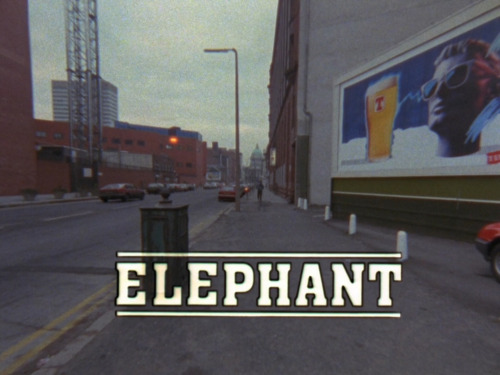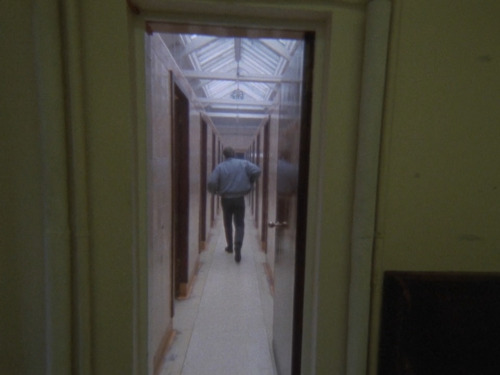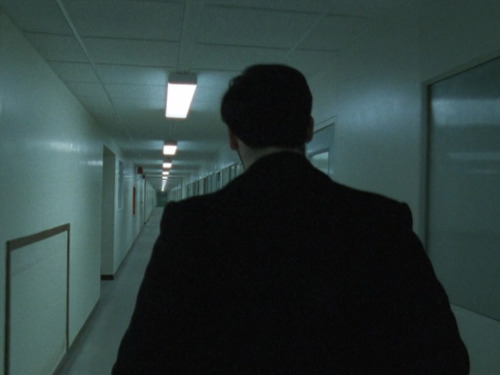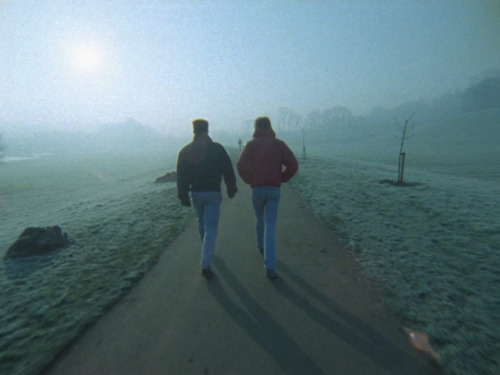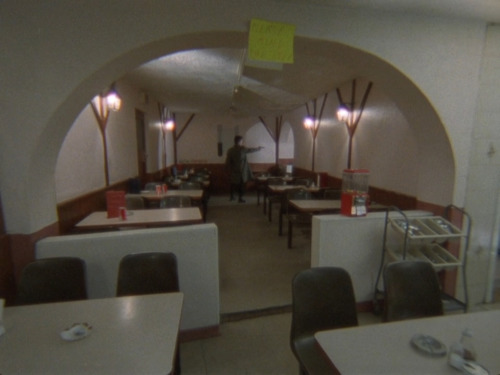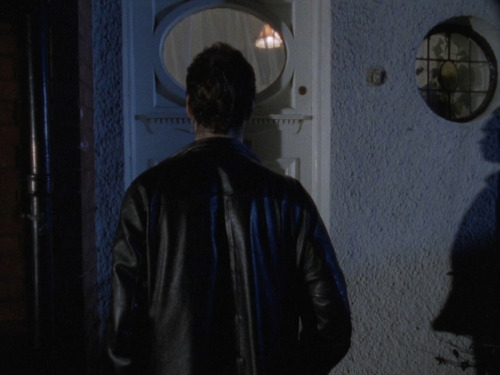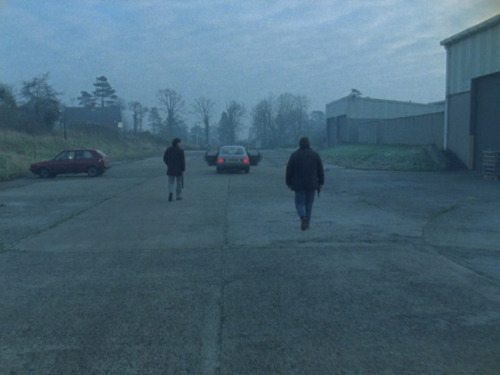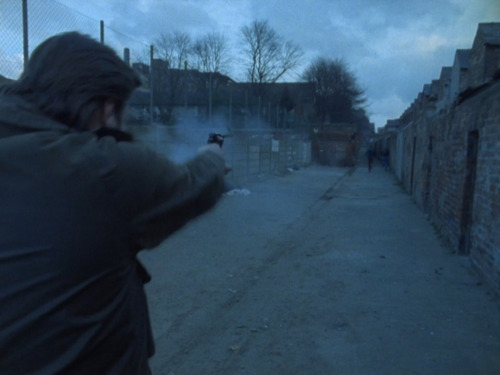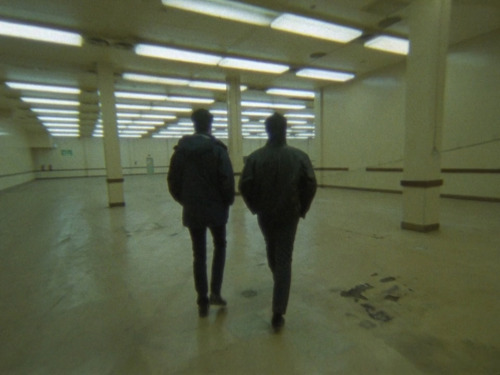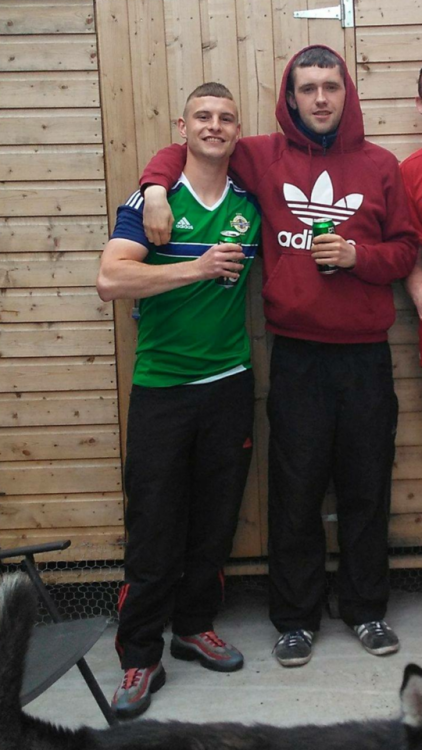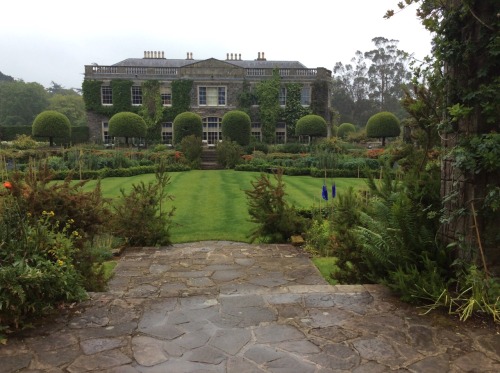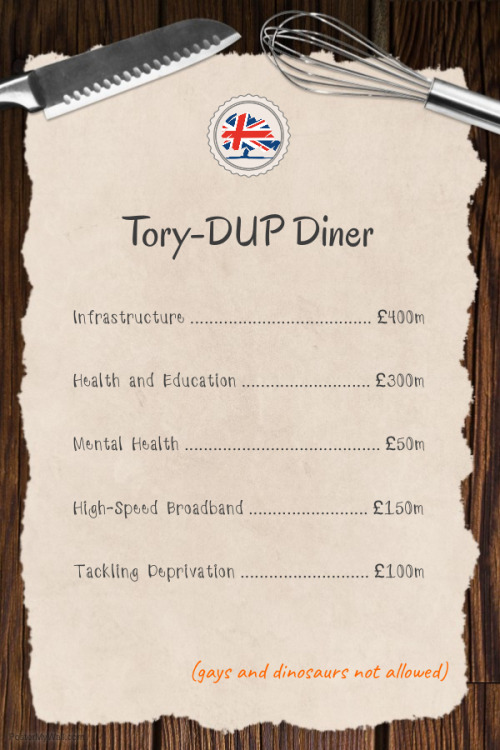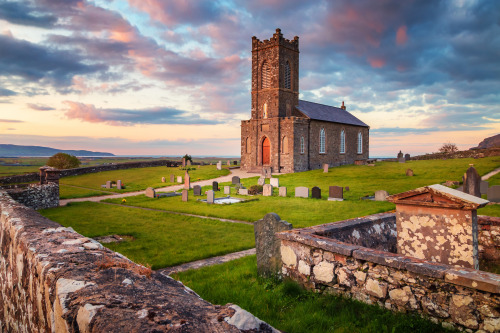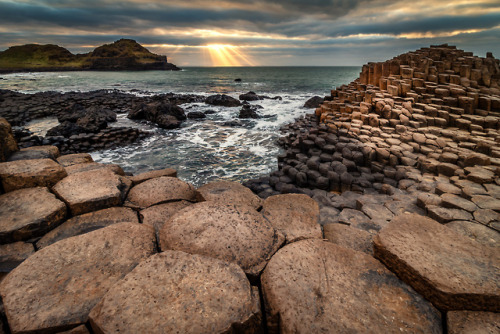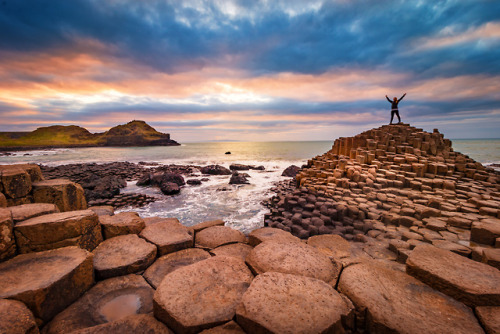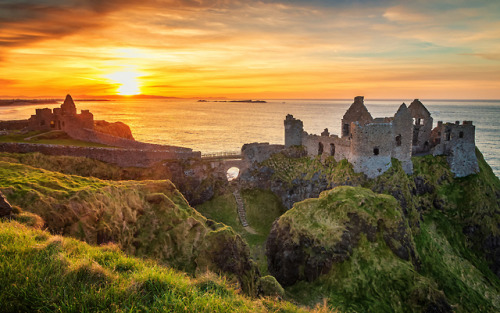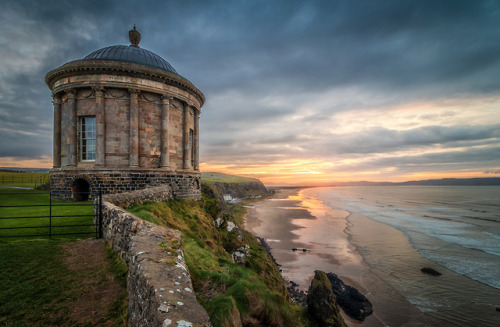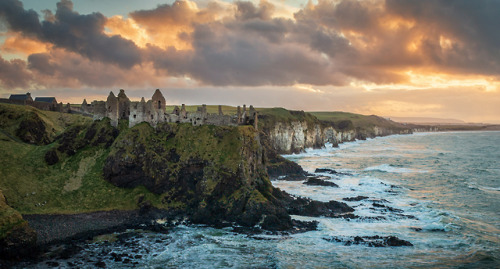#northern ireland
Two big stories in UK political news today, both in the form of Queen’s Speech Amendments. Last week, we gave you a quick overview of the 24 bills Theresa May’s Tories included in their Queen’s Speech, 8 of which focused on Brexit.
Today, two big amendments were put to a vote in the House of Commons.
First was a proposal led by Labour’s Stella Creasy to allow women from Northern Ireland to get free abortions in England. Currently, abortions in Northern Ireland are banned unless in extreme circumstances of poor health, and the women who travel to England for the procedures have to pay around £900. It passed the house and will now come into law.
The amendment - which was backed by more than 50 MPs from across the major parties - means Northern Irish women will now have their abortions in England covered by the NHS. Fairly reasonable, when you consider most of these women pay the taxes that fund the service. It is estimated the amendment will cost approximately £1 million per year.
Second was a Brexit-based amendment led by Labour’s Chuka Umunna. This amendment suggested the UK stay in the single market, which guarantees free movement of goods, services, money and labour within the EU. Jeremy Corbyn called on all Labour MP’s to abstain from the vote and threatened they would be sacked from any ministerial roles if they rebelled. So far we are aware of 3 Labour frontbenchers who have been sacked from their roles for not abstaining.
While parties such as Plaid Cymru and the Liberal Democrats showed unanimous support for the amendment, it was easily defeated due to Labour abstentions.
Then all that remained was the vote on the final Queen’s Speech, the last piece of the puzzle to make Theresa May the undisputed Prime Minster of the United Kingdom. With the support of the DUP’s 10 MPs, the Queen’s Speech passed.
tl;dr Good news for women, bad news for business, great news for Theresa May
The Conservative government have bought power by committing £1bn in extra funding to Northern Ireland. Here’s where that money is intended to be spent.
Post link
They’re the focus of every political blogger today: just what is going on with the DUP.
Just last week, they were an unknown fringe party this side of the Irish Sea.
On Thursday, they looked like the most important party in Britain, that final puzzle piece that would give the Tories their majority in Parliament - if some sort of deal could be arranged.
Now? That deal looks very, very shaky.
The Queen’s Speech, after a 2 day postponement, is tomorrow. An official deal with the DUP has not yet been agreed. Without some sort of official deal in place, it will be a lot more difficult for the Tories to pass their laws through the House of Commons.
The DUP say the UK are taking them for granted. At this stage, it looks like one of the major stumbling blocks is the DUP’s demand for the removal of air passenger duty in NI (the tax you pay to fly from UK airports, payable on booking). The Tories are hesitant to consent to this in case it leads to similar calls from Scotland, Wales and England.
It looks like the public will have to wait until tomorrow to see if the DUP deal can be made in time.
Whatever’s going on, it’s certainly nothing strongnorstable.
Sources:
July 11 1921, London–The Sinn Féin sweep of the Southern Irish elections, winning every seat unopposed except the ones associated with Trinity College, put a deadline on British efforts in Ireland. A Southern Irish government was, by the terms of the Government of Ireland Act 1920, to be established no later than July 12. Sinn Féin, following its usual abstentionist policies, would not take their seats in any Southern Irish parliament, leaving the British forced to either impose military rule on all of Southern Ireland, or reach a negotiated settlement with Sinn Féin. The former was never seriously considered, so it became a question of finding an agreeable basis for negotiations with the Irish.
At the opening of the Northern Irish parliament on June 22, King George gave a conciliatory speech. In the meantime, Jan Smuts, who had recently arrived from South Africa for a conference, began his own negotiations through Tom Casement (brother of the late Roger), and both agreed that a peaceful solution could be found which did not involve British recognition of an Irish Republic. Casement and Smuts arranged the release of additional negotiators, and a truce was agreed to on July 9, entering into effect on July 11. The terms were slightly unclear, with the Irish and British ultimately publishing different versions, but both sides would stop attacks and raids, and the British would cease military maneuvers and searches.
The truce came as something of a surprise to many in the IRA, and it would attract some criticism from those who felt they could beat the British without making concessions regarding Ireland’s political future. British criticism of the truce was more muted, as it was clear the only alternative was a military occupation of the whole island that nobody was in favor of after nearly seven years of war.
Sources include: Michael Hopkinson, The Irish War of Independence
IRA Burns Dublin Custom House

The Customs House on fire.
May 25 1921, Dublin–Fighting during the Irish War of Independence had so far been on a smaller scale: ambushes, assassinations, and the like. Éamon De Valera, President of the Dáil, pushed strongly for a higher-profile engagement, over Michael Collins’ objections. At 1 PM on May 25, the IRA stormed the Custom House in Dublin and began making preparations to burn the building. However, before they could finish and evacuate the building, British Auxiliaries arrived and began firing at the IRA inside, who quickly set the building on fire. The IRA quickly ran out of ammunition and could not hold out for long in a burning building, and at least 80 IRA members were arrested. Fire brigades were also held up by the IRA and arrived too late to save the building, which burned to the ground. The Irish tried to claim the burning of the Custom House as a propaganda victory, but the capture of so many men was a serious blow.
This took place against the backdrop of the previous day’s elections, called for in both Northern Ireland and Southern Ireland by the Government of Ireland Act 1920, which had first formalized the partition of the island. Apart from the four seats reserved for Trinity College, the Southern Irish seats were uncontested and swept by Sinn Féin, who would not take their seats in a parliament they had not agreed to and did not recognize. In the north, the Ulster Unionist Party (UUP) took two-thirds of the vote and three-quarters of the seats, with the remainder split between Sinn Féin and the remnants of the Irish Parliamentary Party. The Government of Ireland Act 1920 had not included all of Ulster to secure such a Unionist majority in the north, but had also included a large Catholic minority simply to give Northern Ireland a larger region on the map.
Sources include: Michael Hopkinson, The Irish War of Independence.
Leaving my home for 10 months in half an hour. My brain hasn’t quite caught on yet but it just feels surreal. My love for Northern Ireland and its people is endless and I am so thankful for getting to live in such a beautiful place and call it my home.

